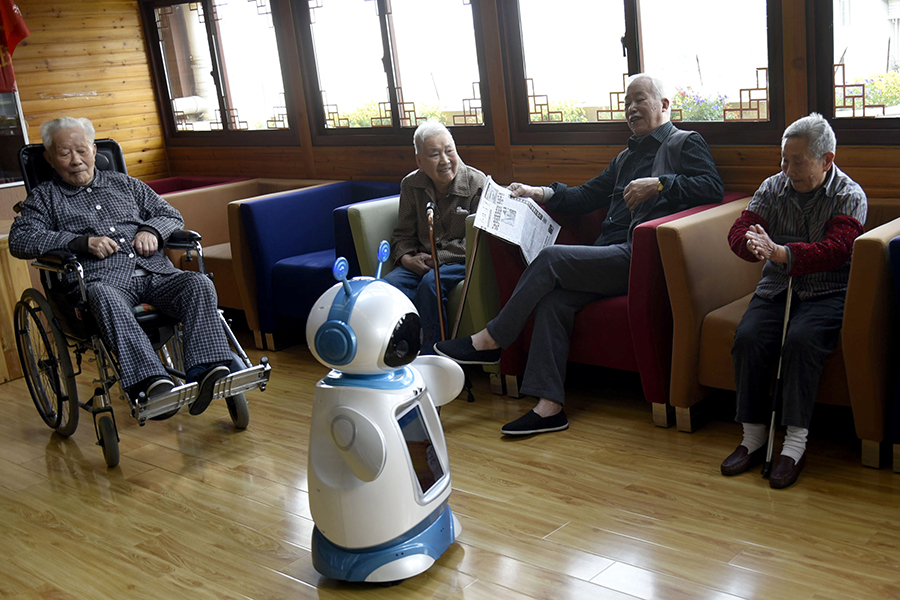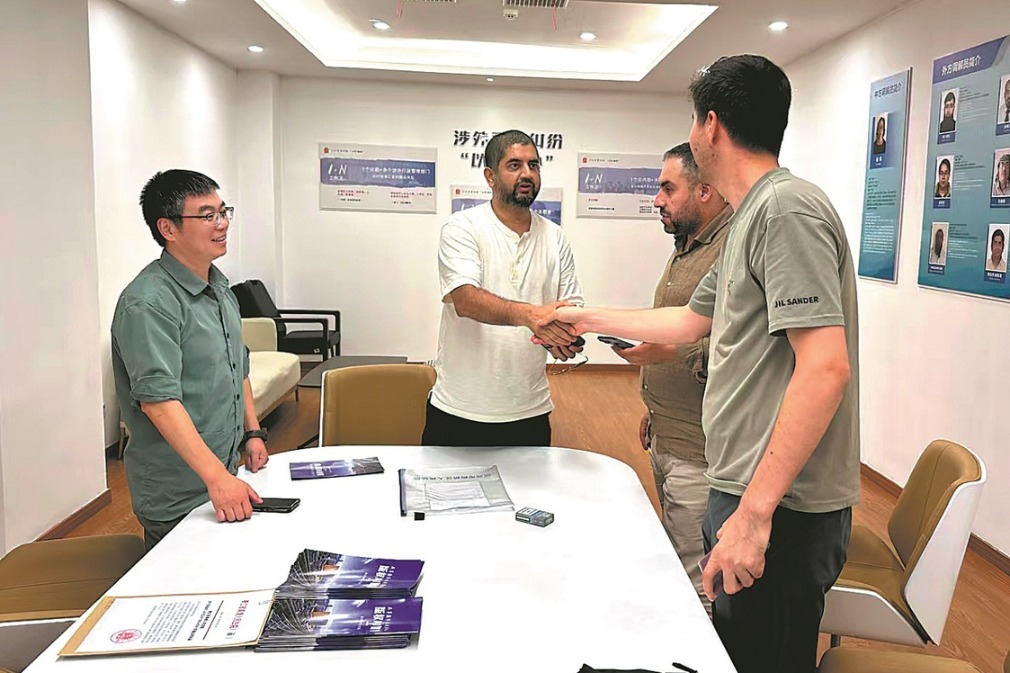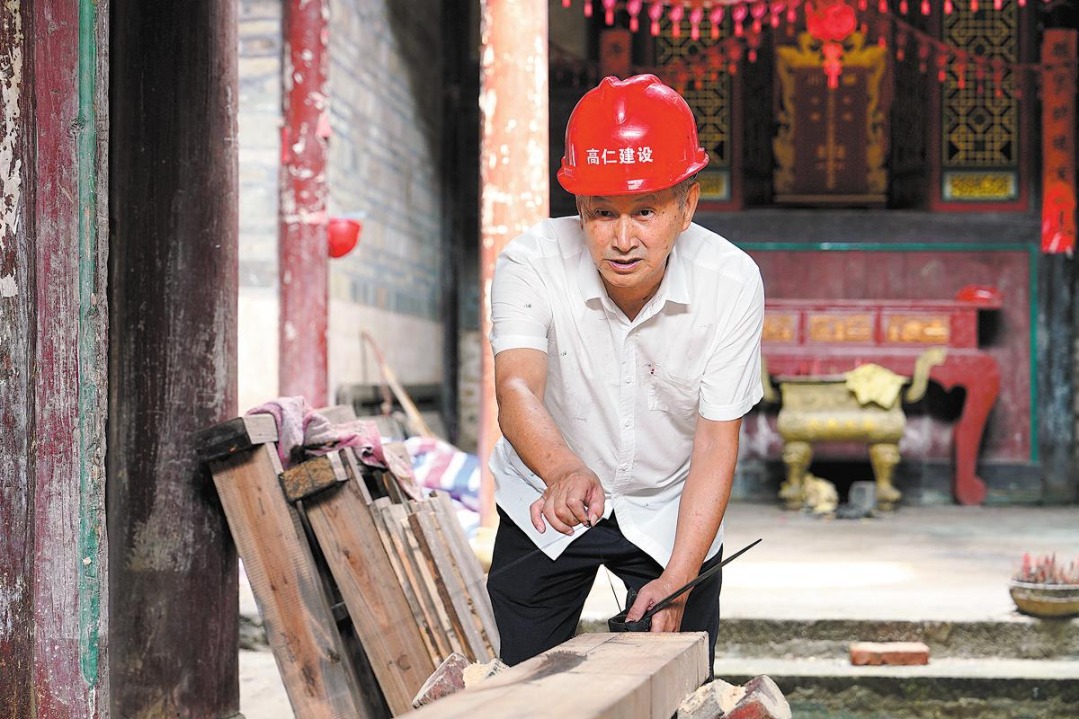57 million covered by new long-term care insurance


Pilot program in 15 cities has included more than 70 percent of nursing costs
More than 57 million people in China are now covered by a new insurance program designed to provide care to those who have lost the ability to live alone, the National Healthcare Security Administration said.
The establishment of the long-term care insurance program has alleviated the burden on the families of elderly people no longer able to live on their own, for reasons including frailty and disability, and greatly improved the infirm's access to nursing services, according to the authority.
By the end of June, more than 184,000 subscribers had received benefits from the insurance program, with average payments exceeding 5,400 yuan ($785) in the first half of the year. That covered more than 70 percent of their average nursing service expenses, it said.
The insurance has helped poverty alleviation in some places by reducing the care burden borne by some individuals, the administration said, adding as an example that in Jingmen, Hubei province, 20 percent of the 831 subscribers benefiting from nursing services at home are from low-income households.
China is exploring the establishment of an insurance system to provide nursing services and daily care such as bathing and feeding for the permanently disabled, according to a guideline released by the Ministry of Human Resources and Social Security in July 2016. By the end of last year, 15 cities had joined a pilot program.
The new insurance is different from China's basic medical insurance programs, which cover more than 95 percent of the population.
China's population is aging rapidly. The number of people age 60 or above reached 241 million last year, accounting for 17.3 percent of the population, according to the National Bureau of Statistics. In 2012, the proportion was 14.3 percent.
In the cities where the program is being piloted, insurance fees are collected from different sources, including individuals, employees and employers, as well as government funding, the National Healthcare Security Administration said.
In Shanghai, subscribers need to be at least 60 years old, but in the other 14 cities there is no age limitation, it said.
Promotion of the insurance program has also contributed to the development of nursing services, resulting in the establishment of more than 200 elderly nursing homes in the 15 cities, and more than 40 training institutions for nursing employees, over the past two years, the administration said.
But major challenges include an inadequate supply of nursing services, both in terms of quantity and quality, it said, adding that most service providers find it hard to recruit enough employees for reasons including low pay and a lack of interest in such careers among the young.
Some cities in the pilot rely heavily on the surplus from their medical insurance funds to finance the long-term care insurance program, which could put stable funding at risk, the administration said.
It said it will step up efforts to promote the insurance so it will cover more people, including cooperating with other departments to improve the supply of nursing services, and establishing a multichannel fee-collection system for the insurance program so that its long-term stability is ensured.
In Beijing, the city government is considering piloting the insurance over the next two years, starting in Shijingshan district, according to a circular released by the district government in March.
All adult subscribers to Beijing's basic medical insurance programs, except students, will be able to subscribe to the insurance, the circular said.
Government funding and employers will contribute to about 80 percent of the total funding, and each subscriber will pay 160 yuan annually, according to the circular. Payment by the insurance will cover up to 70 percent of an individual's total care expenses, it said.
Yang Yingna, a publicity official at Beijing Geriatric Hospital, said it has not been covered by the planned pilot program, and patients would still have to pay all their care expenses by themselves.
"Promoting care insurance can greatly reduce expenditure for care services for those in need," she said, adding that government plays a key role in promoting such insurance.
Jiang Chenglong contributed to this story.
- Crackdown on private sector graft enhanced
- Foreign mediators play crucial role in dispute resolution
- Nation marks 50 years of relations with Mozambique
- European students explore modern China through BFSU program
- From Belgium to studying Chinese medicine in Yunnan: I found my answer at the South Expo
- Shanghai Disneyland to open new immersive, interactive exhibition





































